To understand the various liturgical particularities of the Lenten period, we must remember that they express and convey to us the spiritual meaning of Lent and are related to the central idea of Lent, to its function in the liturgical life of the Church. It is the idea of repentance. In the teaching of the Orthodox Church however, repentance means much more than a mere enumeration of sins and transgressions to the priest. Confession and absolution are but the result, the fruit, the "climax" of true repentance. And, before this result can be reached, become truly valid and meaningful, one must make a spiritual effort, go through a long period of preparation and purification. Repentance, in the Orthodox acceptance of this word, means a deep, radical reevaluation of our whole life, of all our ideas, judgments, worries, mutual relations, etc. It applies not only to some "bad actions," but to the whole of life, and is a Christian judgment passed on it, on its basic presuppositions. At every moment of our life, but especially during Lent, the Church invites us to concentrate our attention on the ultimate values and goals, to measure ourselves by the criteria of Christian teaching, to contemplate our existence in its relation to God. This is repentance and it consists therefore, before everything else, in the acquisition of the Spirit of repentance, i.e., of a special state of mind, a special disposition of our conscience and spiritual vision.
The Lenten worship is thus a school of repentance. It teaches us what is repentance and how to acquire the spirit of repentance. It prepares us for and leads us to the spiritual regeneration, without which "absolution" remains meaningless. It is, in short, both teaching about repentance and the way of repentance. And, since there can be no real Christian life without repentance, without this constant "reevaluation" of life, the Lenten worship is an essential part of the liturgical tradition of the Church. The neglect of it, its reduction to a few purely formal obligations and customs, the deformation of its basic rules constitute one of the major deficiencies of our Church life today.
Protopresbyter Alexander Schmemann
The Lenten worship is thus a school of repentance. It teaches us what is repentance and how to acquire the spirit of repentance. It prepares us for and leads us to the spiritual regeneration, without which "absolution" remains meaningless. It is, in short, both teaching about repentance and the way of repentance. And, since there can be no real Christian life without repentance, without this constant "reevaluation" of life, the Lenten worship is an essential part of the liturgical tradition of the Church. The neglect of it, its reduction to a few purely formal obligations and customs, the deformation of its basic rules constitute one of the major deficiencies of our Church life today.
Protopresbyter Alexander Schmemann

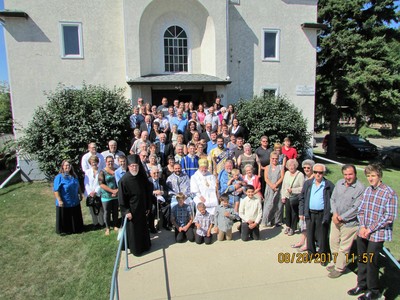
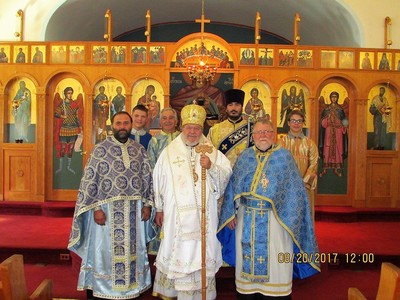
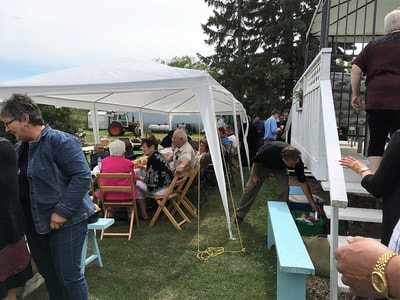
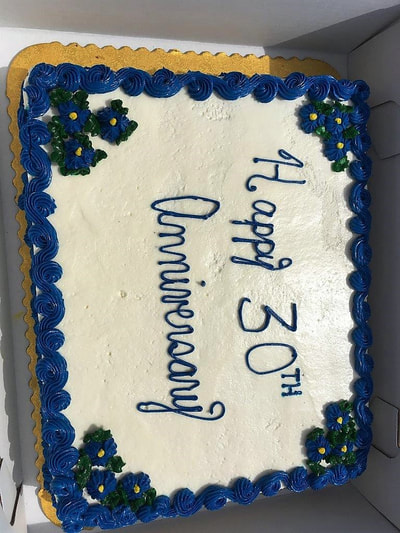
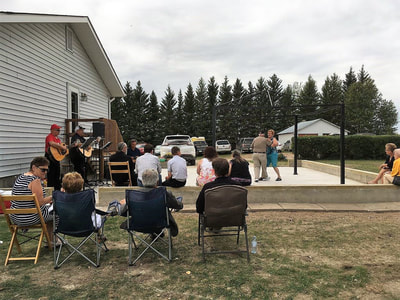
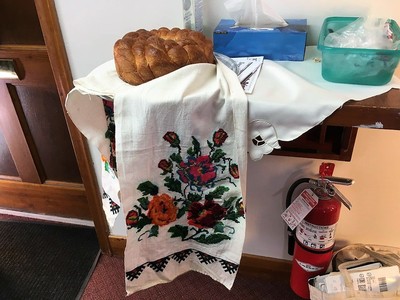
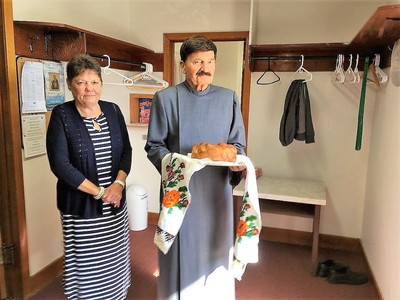
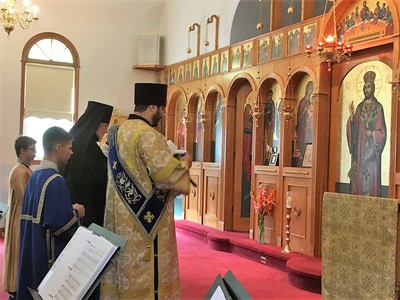
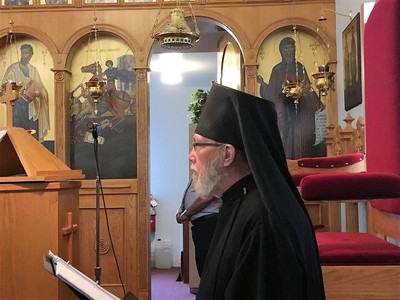
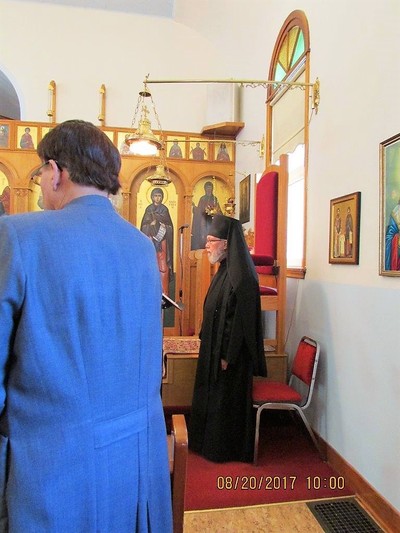
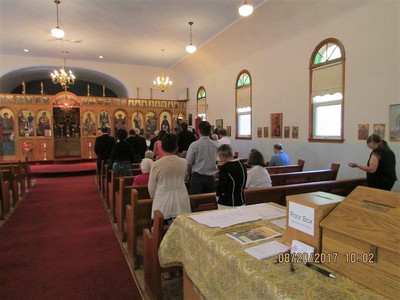
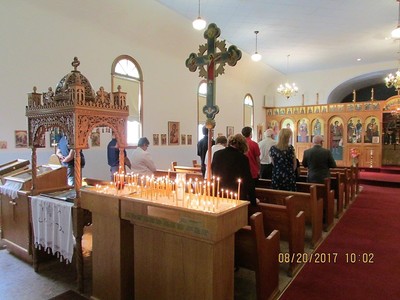
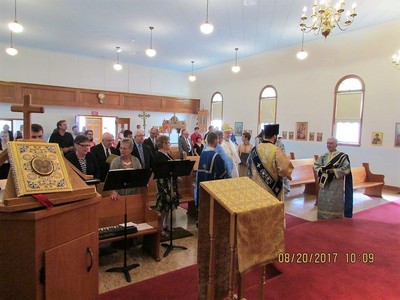
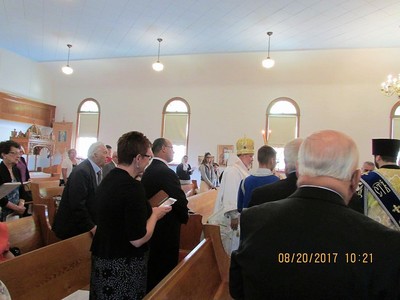
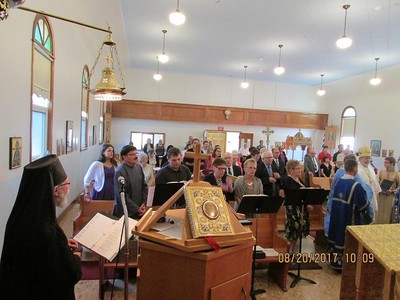
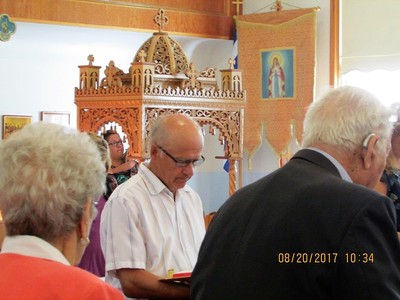
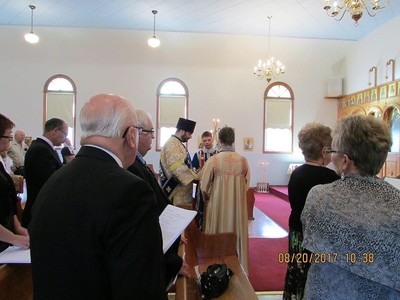
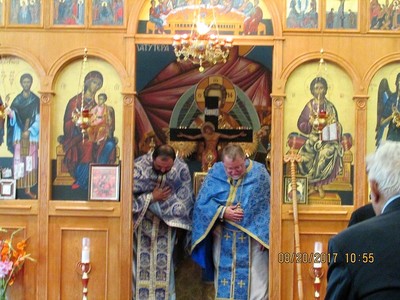
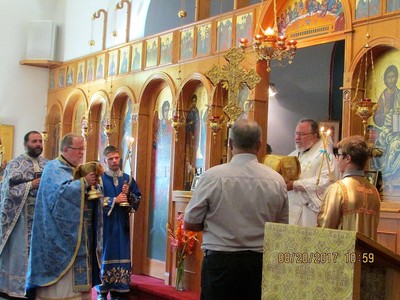
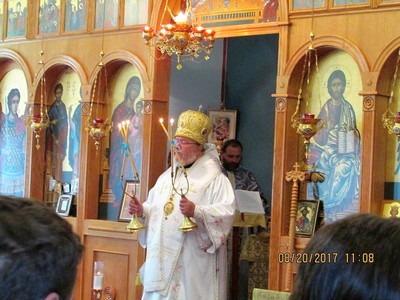
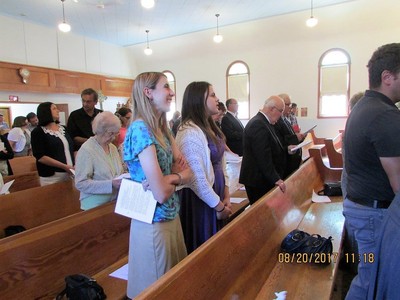
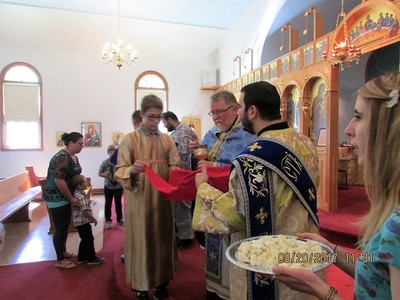
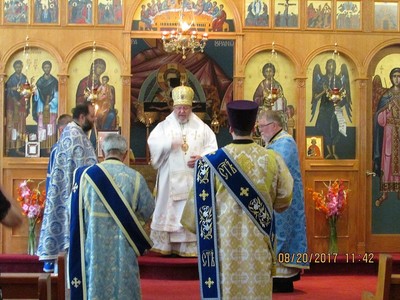
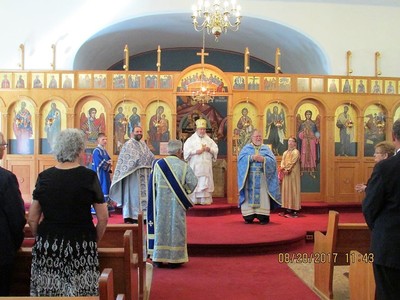
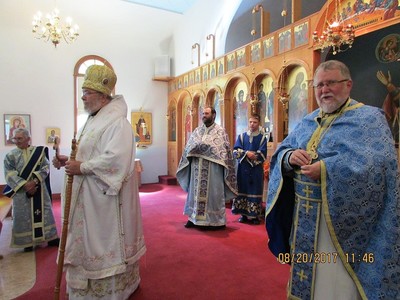
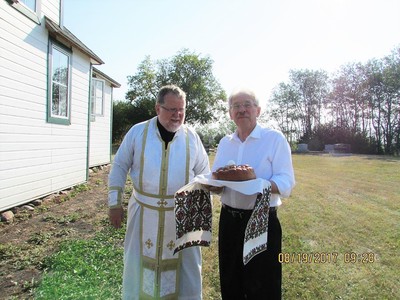
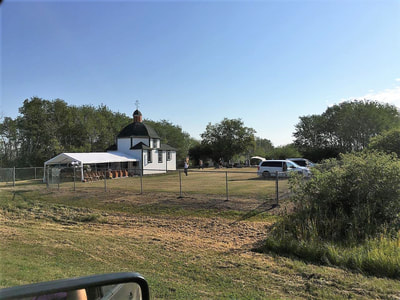
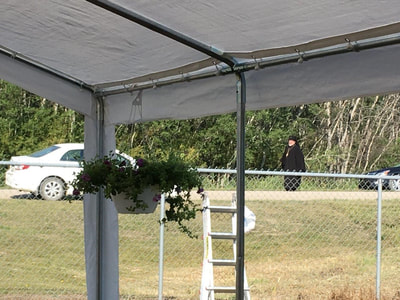
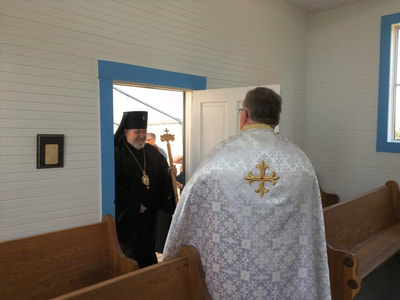
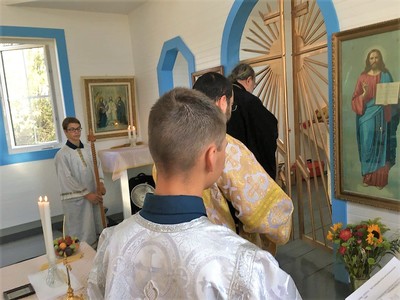
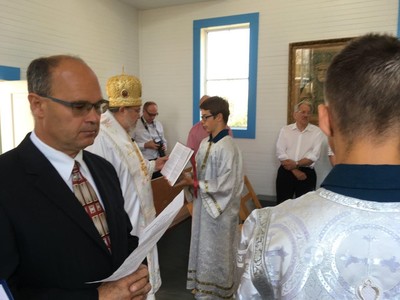
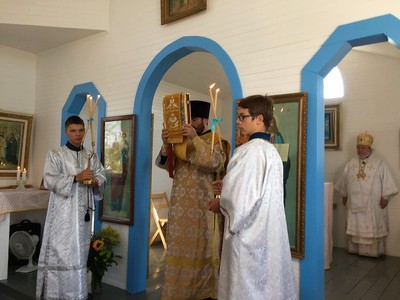
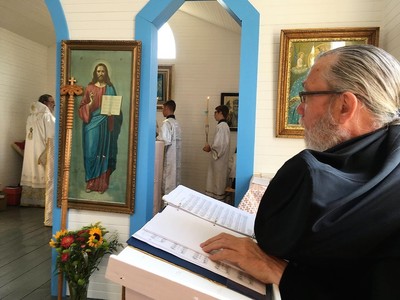
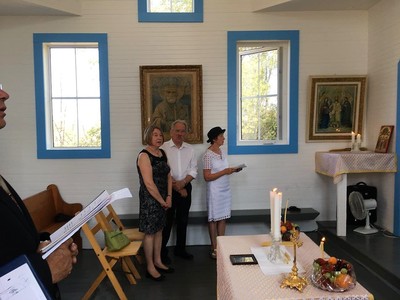
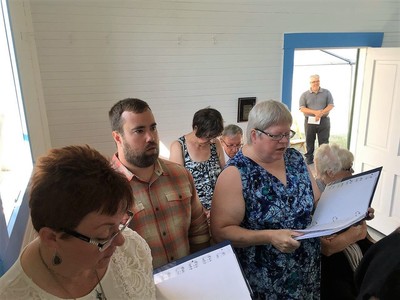
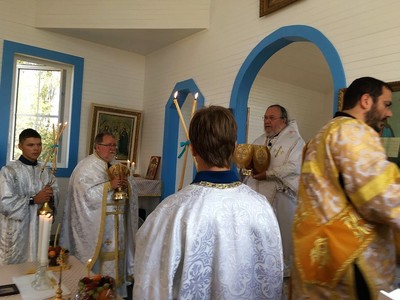
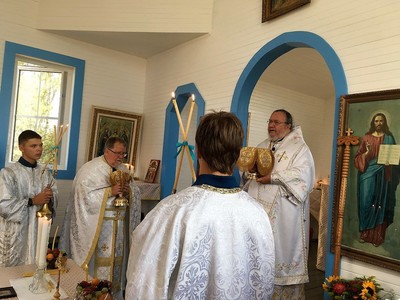
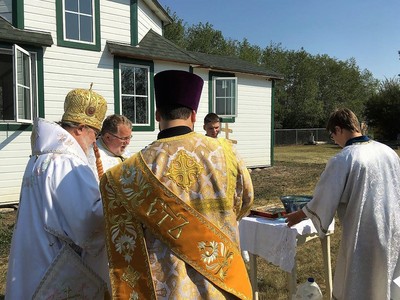
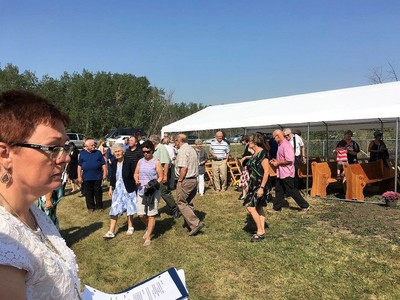
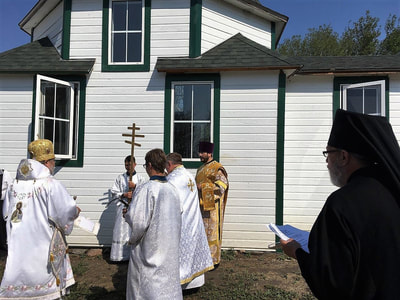
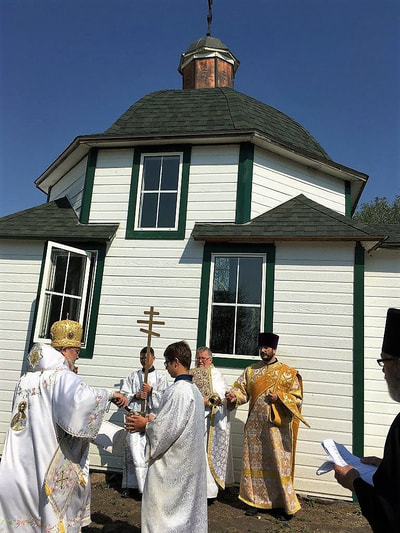
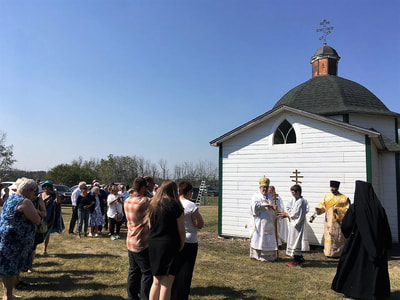
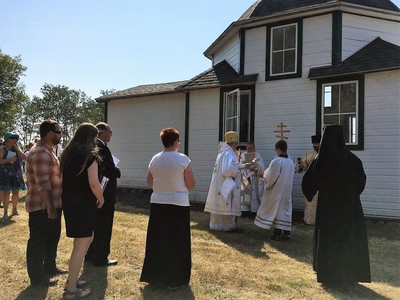
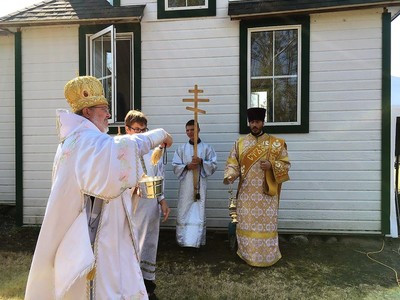
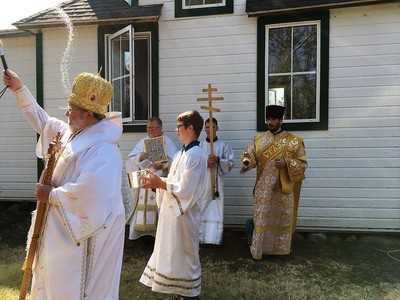
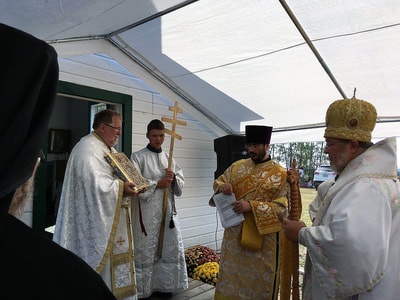
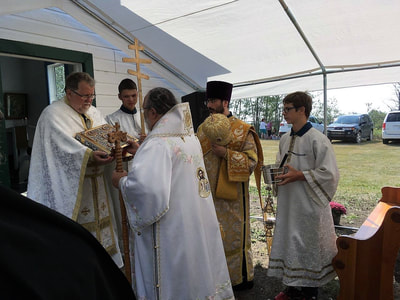
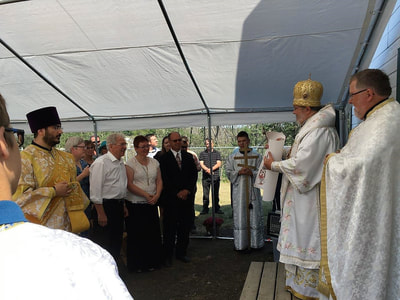
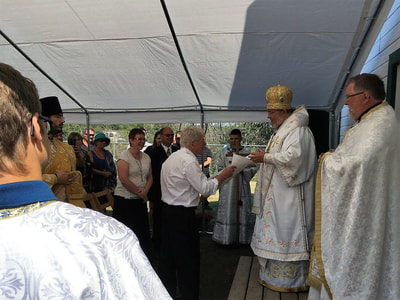
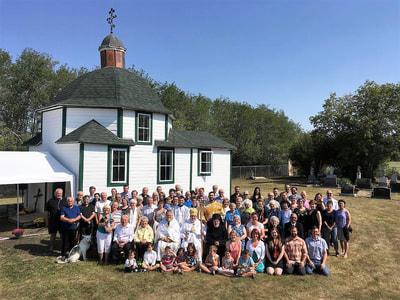
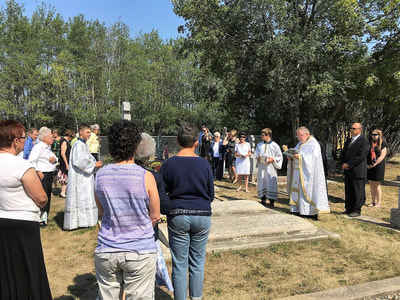
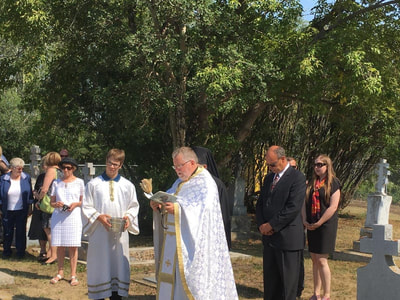
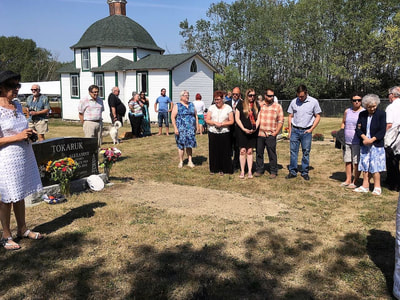
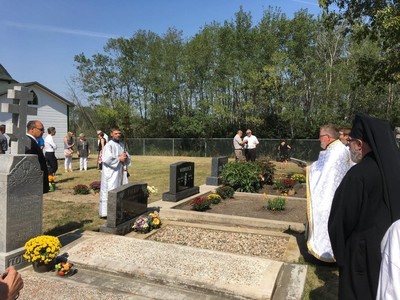
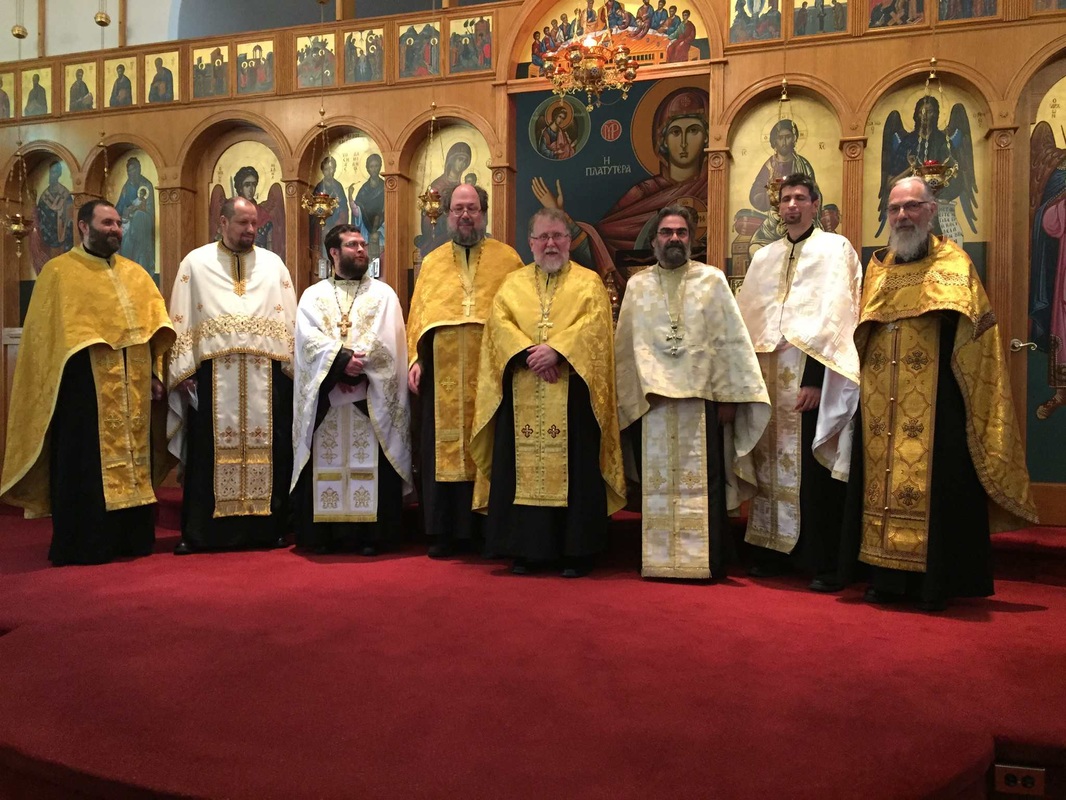
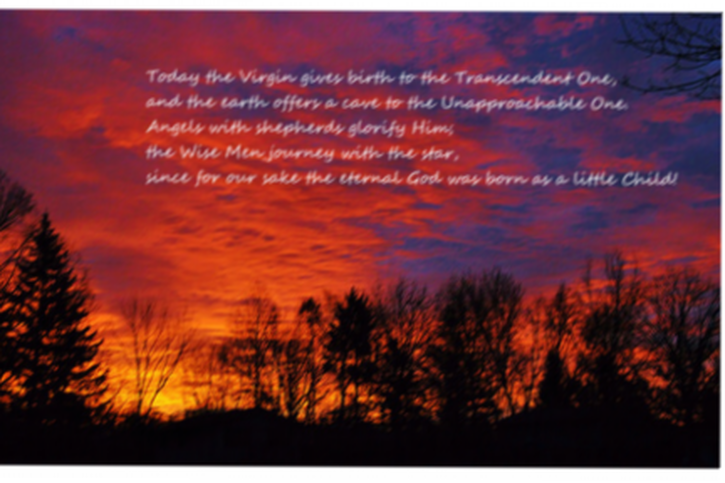
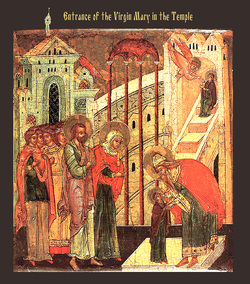
 RSS Feed
RSS Feed
